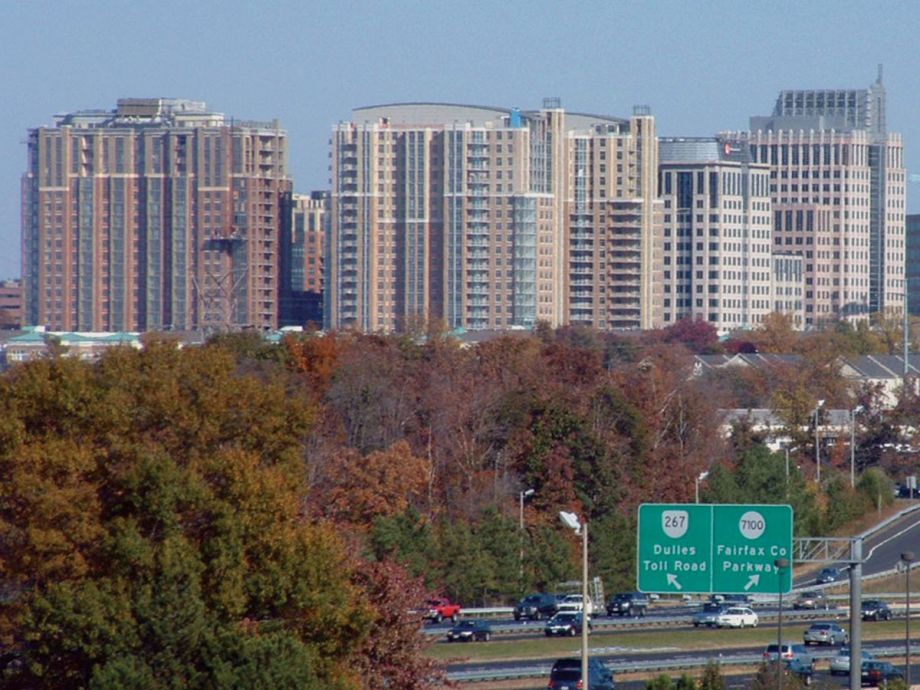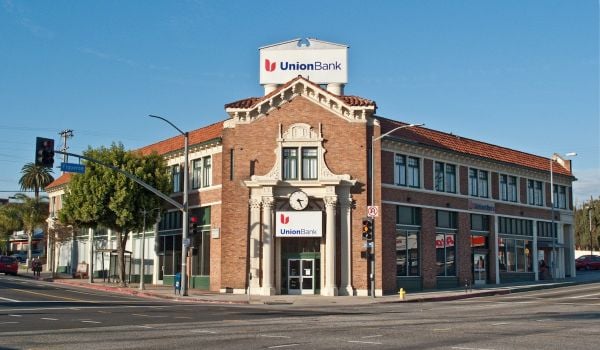Every year, the U.S. federal government directs 23 percent of its business needs to small companies across the country. Five percent of the contracts go to woman-owned businesses, and another 5 percent go to firms run by minorities.
And with nearly $300 million in major contracts from the U.S. Department of Veterans Affairs, one minority-owned IT company is seeing just how much cash those seemingly small percentages amount to.
Favor TechConsulting fits the parameters in myriad ways: Its CEO is an African-American woman, and leadership board members either come from a veteran background, are service-disabled or, like their CEO, are minorities and women.
The company just announced a major expansion into Virginia’s Fairfax County, where it will build a new headquarters and roll out 1,200 new job hires in about five years’ time.
“You can imagine how many bodies comes with that [$300 million] contract value,” says Benjamin Lin, chief operating officer at Favor TechConsulting, estimating the economic impact the move will have in the area. While he says there’s no “perfect science” to guaranteeing that those 1,200 jobs will get created within that five-year period, “it’s based on what we’ve won already and the work we have in the pipeline.”
The new hires won’t solely come from Fairfax County, which is often roped in with the Washington-Arlington-Alexandria metropolitan area when census time rolls around. But Lin says they’re speaking with the Fairfax County Economic Development Authority and other organizations with workforce ties to see how they can best pull in locals.
Right now, for example, they’re about to roll out a veteran hiring program that’ll help fill part of the 1,200 jobs with recruits from area veteran centers.
They’re also already partnering with companies that satisfy the Small Business Administration’s (SBA) HUBZone program, which stands for Historically Underserved Business Zone. Those are small enterprises that run shop in areas with low median incomes or high rates of unemployment, and have at least 35 percent of their employees from within the “HUB.”
The SBA describes disadvantaged businesses as those run by ethnicities that haven’t traditionally had the same access to economic opportunities as their white counterparts. That includes African-Americans and Hispanics, but people with a physical disability can also qualify, as can those who live and work in an area that’s isolated from economic and cultural hubs.
Only about 5 percent of Favor TechConsulting’s outgoing contracts impact businesses that meet those definitions, but Lin says they’re always interested in exploring ways to expand that number.
Their arrival in Fairfax County adds to the region’s clout as a minority- and women-owned small business hub. Countrywide, it has one of the greatest densities of minority or disadvantaged small business certified tech entrepreneurs, and leads the state of Virginia by far. When it comes to numbers, that amounts to about 48,000 firms, with a whopping 41,905 of those run by women.
While about 29 percent of all businesses in the U.S. were run by minorities in 2012, in Fairfax County that percentage amounted to about 41 percent. And the economic impact these entrepreneurs have is massive. They employ about 80,000 people, and tally up a sales and receipts total of $14.4 billion each year.
That’s all part of the reason why Lin says Favor TechConsulting knew relocating to the region was a solid bet. “There’s a ton of talent here,” he says. “We know D.C. is kind of the contractor hub in the country, so you know there’s a lot of talent around this county.”
Their presence will only add to the reputation that minority entrepreneurs have helped build into the DNA of Fairfax County through technology and other business ventures. Suzanne Clark, a spokesperson for the Virginia Economic Development Partnership, paints their entry as significant because they’re “one of the fastest-growing companies in America.”
“It’s evidence of the infrastructure and business environment in Fairfax County […] that promotes the growth of all business sizes,” she says. A look at the county’s entrepreneurship numbers show just how far that claim is from hyperbole.
The Equity Factor is made possible with the support of the Surdna Foundation.

Johnny Magdaleno is a journalist, writer and photographer. His writing and photographs have been published by The Guardian, Al Jazeera, NPR, Newsweek, VICE News, the Huffington Post, the Christian Science Monitor and others. He was the 2016-2017 equitable cities fellow at Next City.

















